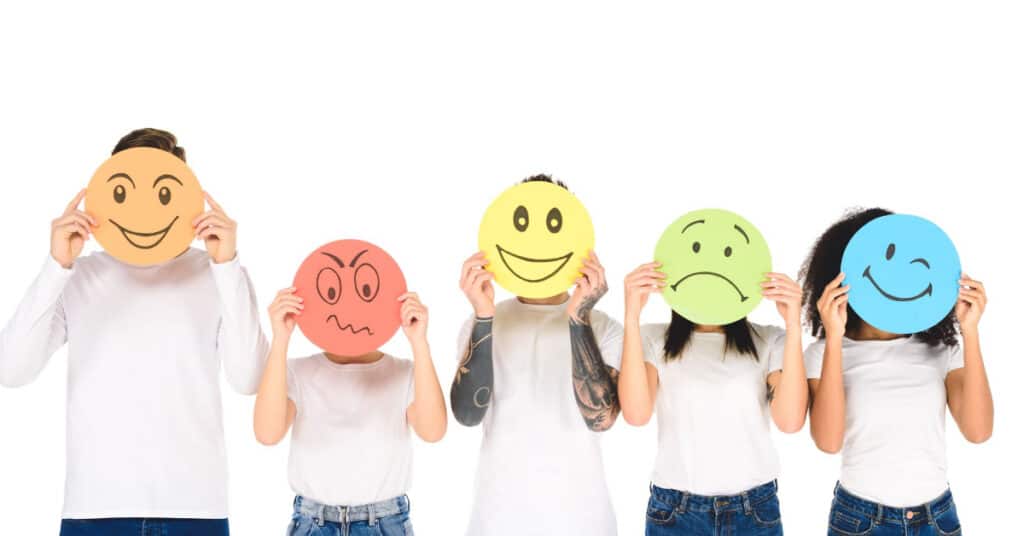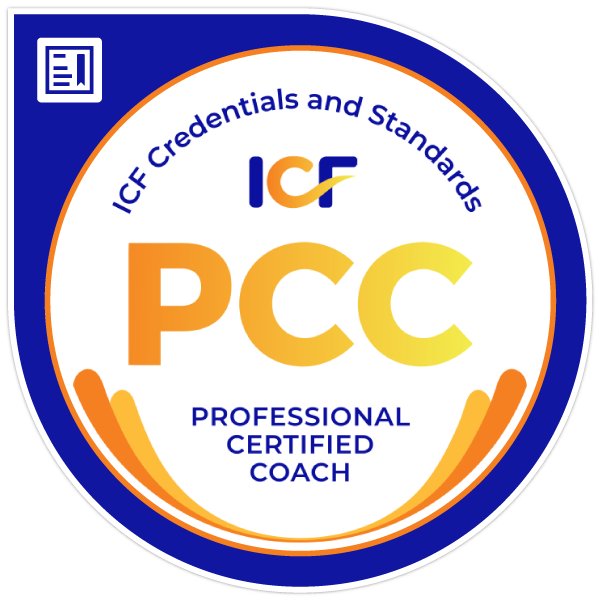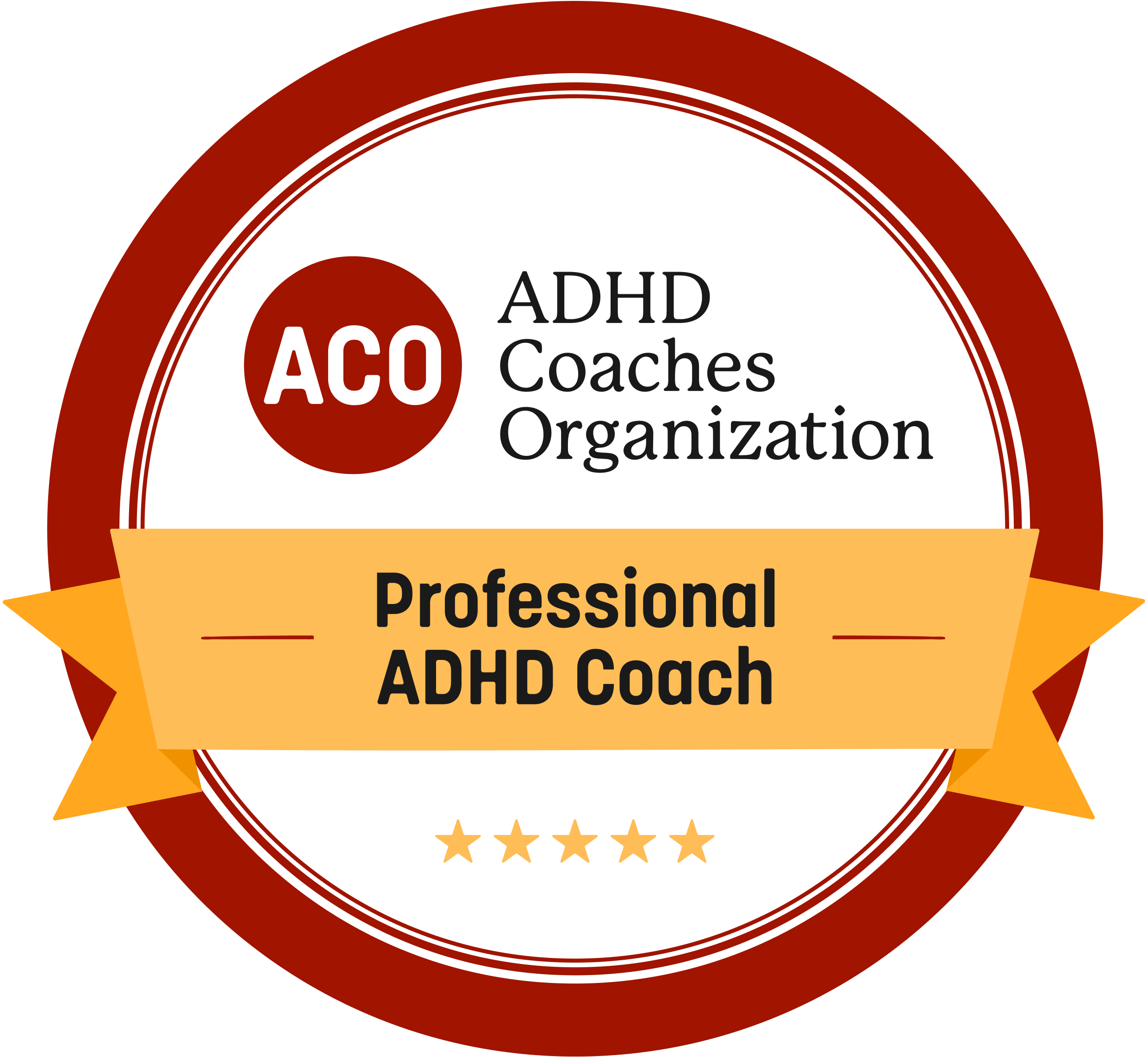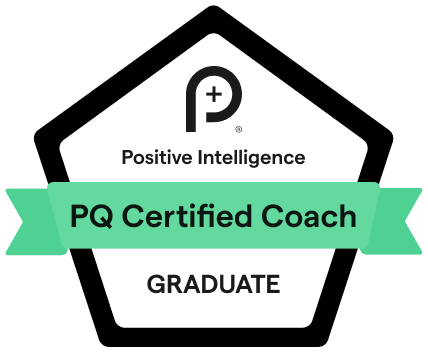The Triple T
ADHD Tips, Tools, and Tricks
#2 Intense Emotions

Is everyone to be the same? Do you think faster than you can write? Do you experience emotions more intensely than you know how to communicate? Do you need to move your body so you can initiate what you are thinking? Yet you are told you should sit still and learn to write down your thoughts for others to understand and follow social norms. Wow! In today’s blog post, I want to highlight ways to manage intense emotion related to Attention Deficit Hyperactivity Disorder (ADHD)
The National Human Genome Institute states, “Attention Deficit Hyperactivity Disorder (ADHD) is a neurological disorder that affects a person’s ability to control their behavior and pay attention to tasks.” About Attention Deficit Hyperactivity Disorder (genome.gov) Researchers believe the human brain consists of about 100 billion neurons. Dictonary.com defines a neuron as a specialized cell transmitting nerve impulses. That is a lot of potential transmissions and brain work. Medical News Today wrote an article to debunk the belief that humans only use 10% of their brains. “The notion that a person uses only 10 percent of their brain is a myth. fMRI scans show that even simple activities require almost all of the brain to be active.” How much of our brain do we actually use? Brain facts and myths (medicalnewstoday.com) Scientists hypothesize there to be approximately 100 billion galaxies forming the Cosmos in the night sky. Imagine looking up, and for every bright star, there is a neuron. No wonder ADHD is so complex and unique to each person who has this brain difference. Look around; your eyes can quickly see that each human is characteristically different. Why then is it expected that we all can behave and learn the same?
Attention Deficit Hyperactivity Disorder (ADHD) is experienced differently for each person because the brain is genetically different and a complex organ. ADHD symptoms are not so easy to see or treat, like a noticeably sprained ankle or the effects of a blood sugar dip in a person with diabetes. ADHD is a brain thing!
Knowing this, it would seem acceptable for you or my client or Jane Smith, down the road, to experience ADHD slightly differently. Right? The tips, tools, and techniques that work for Jane may not be suitable for a client or you. The answer for ADHD symptoms is not as easy as crutches to heal us up or a sugary drink to establish homeostasis or “normal.” What is “normal” anyways if our brains contain 100 Billion neurons. Maybe ‘Normal” is over-rated. ADHD coping skills for life-affecting symptoms come from experimenting and continued practice and re-evaluation. Finding quality of life is complex and highly individualistic for ADHDer’s.
ADHD tips, tools, and techniques come through trial and error and sometimes over a lifetime. What works today might not work in three months. What worked three months ago might work again with a minor tweak or new interest tied to it. This known fact can be highly defeating and frustrating for individuals with ADHD. A Grandma once shared during a trying time, “… raising children,” Deep sigh, “they are all different, Honey. What works for her will not work for the other. What worked today won’t tomorrow. But, there is always something that will work. Just not for everyone.” ADHD is no different.
ADHD symptoms can be complex but most often stem from key executive functioning areas. The first step is identifying the symptom of your ADHD that is hindering your quality of life. Once that is identified, you can establish what need or behavior shift is needed to create a more significant opportunity for success and ability moving forward. Often, working with a trained ADHD Life Coach or a knowledgeable professional can help you find your way through the forest. It is kind of like that saying, “You can’t see the trees through the forest.” Finding a partner can be instrumental in your future clarity and ability to manage your ADHD symptoms.
Listed below in this week’s ADHD UpLifted Journal Note, Tips, Tools, and Tricks for ADHD’s with Intense Emotions is a T-T-T list from related web searches and experiences shared by my clients and that from my personal experiences. You might try out or play around with the T-T-T below. Remember, you are creative, resourceful, and whole. Tweak your tips, tricks, and techniques to best suit you. This list is not a one-size-fits-all list nor meant to be all-encompassing. The goal is to help in easing daily living and moving towards a more fulfilled life. I encourage you to comment on what has worked for you specifically in coping with ADHD-related intense emotions. The more we choose to share what works, the better, more empowered, and stronger our ADHD community will be. You do “You.” I’m here to walk alongside.
Suggestions for managing and dealing with ADHD Related Intense Emotions
- Name “it” to tame it. What emotion am I experiencing?
- Stop- Think, What triggered this emotion? Identify, What am I feeling in my body?
- Talk to someone you trust.
- Join a support group where you can share and hear other’s experiences.
- Walk away until you are calmed down. Return to the task and try again.
- Speak with a doctor about taking medication for your symptoms.
- Evaluate your diet. Certain foods, additives, and dyes can affect mood.
- Work with a trained ADHD Life Coach.
- Cognitive Behavior Therapy
- Exercise routinely with exertion
- Implement self-care routines.
- Mediation
- Mindfulness practices
- Drink water
- Splash cold water on your face
- Do something physical in a space.
- Identify the facts of your trigger.
- Practice deep breathing techniques- belly breathing, circular breathing, inhale-exhale in rhythm.
- EFT Tapping
- Listen to music.
- Yoga
- Emotion Trackers
- Tear up a phone book or a cardboard box, then clean up
- Revert attention to a new task.
- Use essential oils such as lavender, cedarwood or vetiver.
- Go to your room.

Cindy North is a Certified ADHD Life Coach. Her passion is guiding the ADHD community to success by empowering others to shine with their abilities.






